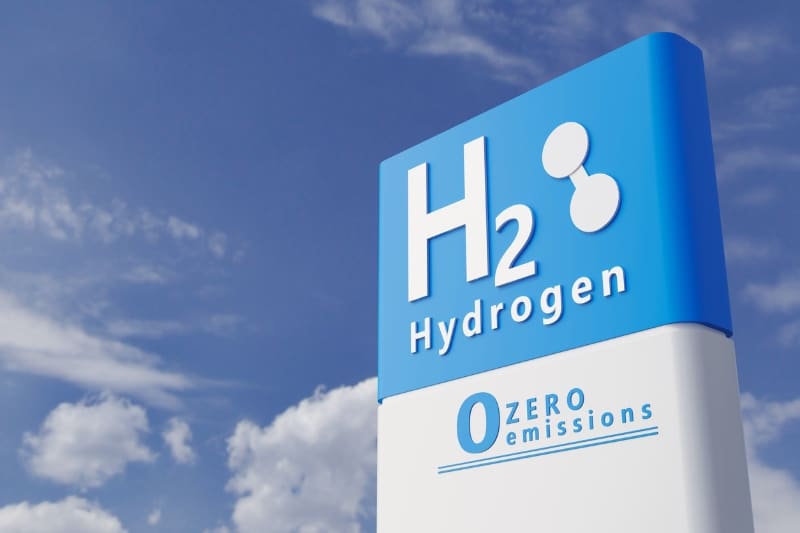The Civil Aviation Authority of Singapore (CAAS) has set up the Asia Pacific Sustainable Aviation Centre (APSAC) to support the region’s aviation sustainability goals. APSAC will focus on policy research, collaboration, and capacity building to advance sustainable aviation in the Asia-Pacific, where air travel demand is expected to triple by 2045. The centre has appointed Philip Goh, a former Singapore Airlines and IATA executive, as CEO and formed an advisory council with major industry players including Airbus, Boeing, Chevron, ExxonMobil, Neste, and Singapore’s government sustainable investment platform GenZero.
APSAC aims to provide policy options and support tailored to individual countries’ circumstances in the region. It plans to work closely with governments, private sector, and academic institutions to promote cleaner aviation fuels, carbon accounting, carbon market development, and green financing. The organisation will also launch joint projects and capacity-building programmes to help aviation authorities and stakeholders build expertise and collaborate on sustainable aviation initiatives.
Key industry stakeholders have expressed strong support for APSAC. Airbus and Boeing see the centre as critical to driving meaningful progress in sustainable aviation, while energy firms emphasize the need for science-based, technology-neutral policies to reduce emissions without compromising air travel growth. Neste will supply sustainable aviation fuel (SAF) to DHL Express flights operating from Singapore’s Changi Airport, marking a significant commercial step towards wider SAF adoption.
The APSAC initiative is part of Singapore’s broader strategy to balance aviation growth with climate goals. It also complements other regional efforts, such as the Asia SAF Association (ASAFA) and investment platforms like GenZero, that aim to scale SAF production and demand. This multi-stakeholder approach reflects the urgent need to decarbonize the aviation sector while supporting economic growth across the Asia-Pacific.
(Source: The Straits Times, Green Air)

